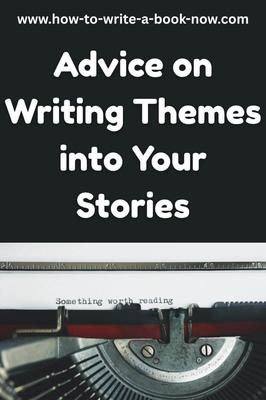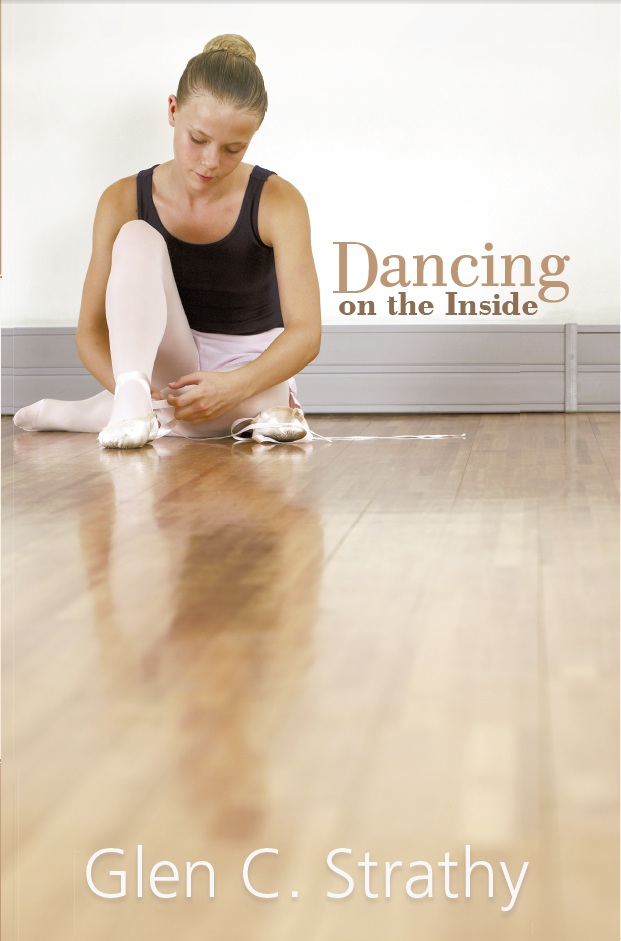100% Human Generated Content!
All
articles on this website were written by a human being -- one possessed of flaws and limitations, but also with a personal perspective and a desire to help fellow
writers. No article on this site was written by or with the aid of artificial intelligence (AI).
Popular Articles
Never be stuck for a great story idea again! This online mini-course will show
you how to create simple ideas for original characters and build a plot
around each character that contains the essential elements needed for a
compelling story.
Get full details here.
-
Advice on writing themes and what theme means to a fiction writer.
Read More
-
Page about Glen C Strathy, who is an author, creative writing teacher, and story theory enthusiast..
Read More
-
Tips on how to avoid or cure writer's block.
Read More
"I've read more than fifty books on writing, writing novels, etc., but
your website has the most useful and practical guidance. Now that I
understand how a novel is structured, I will rewrite mine, confident
that it will be a more interesting novel." - Lloyd Edwards
"Thanks to your
"Create a Plot Outline in 8 Easy Steps,"
I was able to take a story that I simply just fooled around with and
went willy nilly all over, into a clearly defined, intriguing battle
where two characters fight to keep their relationship intact, and try to
find a balance in control of themselves and their lives. Thanks to you,
I'm not ashamed of the poor organization of my writing." - Nommanic
Ragus
"I am so glad I found your site. It has helped me in so many ways, and
has given me more confidence about myself and my work. Thank you for
making this valuable resource, for me and my fellow writers. Perhaps
you'll hear about me someday...I'll owe it to you." - Ruth, Milton,
U.S.A.
"I never knew what to do with all the characters in my head,
but since discovering Dramatica I am writing again in my spare time.
Thank you for making this available. Yes, it is a bit complex, and it
does take time, but I love it because it works." - Colin Shoeman
"I came across your website by chance. It is a plethora of
knowledge, written in a simplistic way to help aspiring writers. I
truly appreciate all of the information you have provided to help me
successfully (relative term) write my novel. Thank you very much!" - Leo T. Rollins
"I
can honestly say that this is the first website that is really helpful.
You manage to answer complex questions in relatively short articles and
with really intelligent answers. Thank you for taking the time to write
these articles and sharing them so generously." - Chrystelle Nash
"...had no idea that a simple click would give me such a wealth of
valuable information. The site not only offered extremely clear and
helpful instructions but was a very enjoyable read as well. The
education from your wonderful site has made me a better writer and your
words have inspired me to get back to work on my novel. I wish to give
you a heartfelt thanks for How to Write a Book Now, sir." -- Mike Chiero















